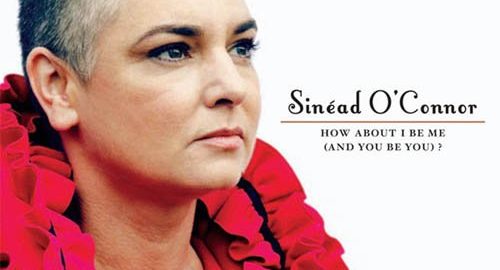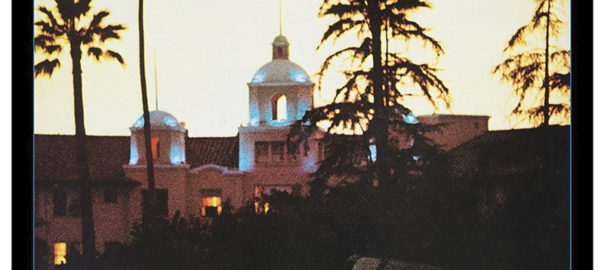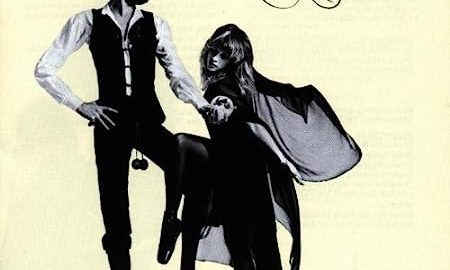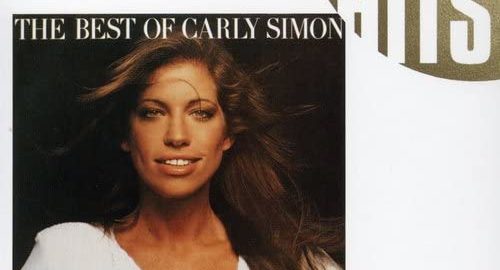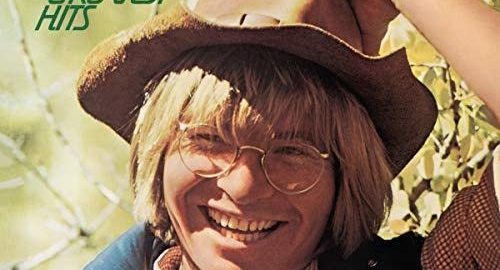I’m stunned but I can’t say I’m terribly surprised to hear the news of Sinead O’Connor’s death. I was just a casual observer of her personal travails, but after the loss of her precious son it seemed clear that she would have a tough time grieving him. I don’t know the cause of her death; I can only hope that she knew how beloved and special she was before she passed, and I hope her passing was painless, like falling asleep in the arms of a lover. Or should I say in the arms of a loving mother, since she explored motherhood so searingly in her music—the tenderness of being a mother, even to someone else’s child, but also the ugly parts of motherhood too.
For those who were too young to be there when Sinead came into our consciousness, she was like no one else. Now, of course, her look is iconic and no one bats an eye at a young woman who refuses to play the gender game. Of course she played with her looks over the years, but way back when, Sinead was utterly original, the clashing and merging of the buzz cut and elfin ears, squared shoulders and pixie dream girl eyes and lashes, and breathy lilt punctured by a howl.
I was a fan back then, of course, and then faded away. I think her music dredged up too many rough emotions I didn’t want to deal with. Sinead would have dealt with it, would have spat out a curse if necessary. She was brave like that, even when it didn’t serve her well. When she ripped up the picture of the pope I was aghast; later, I understood, and admired her nerve.
I came back to Sinead during the pandemic. I was picky about my musical choices because my brain was overloaded. I ended up listening to brilliant singers who soothed and awakened me. I went back and rediscovered Kate Bush, Bjork, and Sinead O’Connor, and heard them, really heard them as an adult, and allowed them to challenge me, these misunderstood mavericks. These women reminded me why music matters, why art matters.
One of Sinead’s songs seared right through me: “Thank You for Hearing Me.” I cannot listen to it without shivering and dissolving into sobs. I don’t want to know what inspired it but my god she really puts everything on the line, with a great beat. I listened to it endlessly during the pandemic, one of those songs that you have to listen to a second or third time before you move on, a song that’s at the end of a playlist because nothing can follow it.
After thanking a partner for loving her, she ends her chant with “Thank you for breaking my heart, thank you for tearing me apart. Now I’m a strong, strong heart. Thank you for breaking my heart.” I can’t even type those words without shivering now.
I made my then-partner listen to it after our cat died last summer, when we were preparing to take the kitty’s lifeless body away for cremation. “Please, one more song,” I sobbed, knowing how idiotic my request was but not caring. “He knows it. We listened to it every day.” Thankfully, my guy indulged me, and I cried and cried into an already wet tissue as Sinead’s voice rose from a whisper to full strength, explaining all of the beauty and pain of loving someone and what it feels like when that same love is rejected—and then transforms you. It’s a gift if you have the right perspective.
Who else but Sinead could create that?
And now Sinead is breaking our hearts. Her life was a gift to us. I hope she knew that. I really do.
